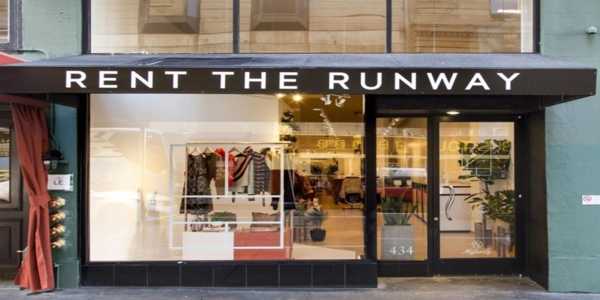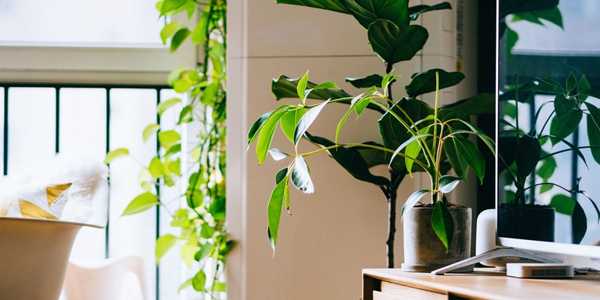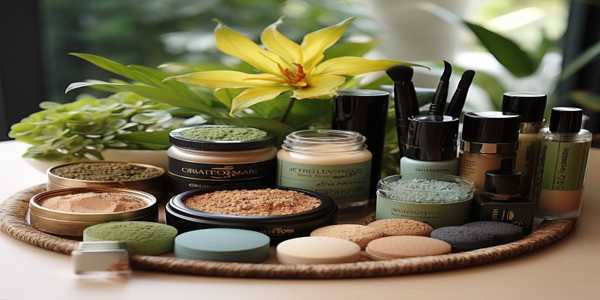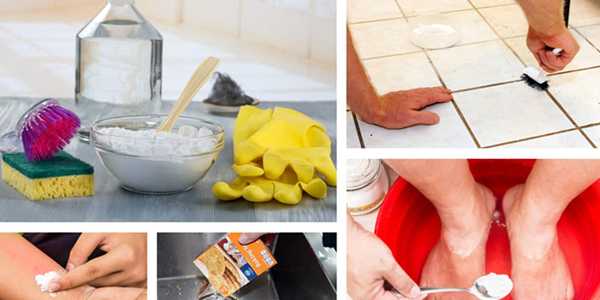Planting A Pollinator Garden: An Easy-Start Guide
A home garden is a hobby for many people, and they feel very relaxed when they spend a lot of time in the garden. However, they made several unsuitable mistakes for the garden environment, including choosing inappropriate plant varieties and using harmful chemicals. Additionally, do they consider supporting the presence of birds and insects in their garden?
Choosing beautiful flowering plants in the garden is good, but you should take care of which species you choose. The species you choose will dominate other species in your garden.
Native plants are strongly related to local insect species, so select plants adapted to your local area. This article will teach how to start and maintain an eco-friendly garden that supports pollinators.
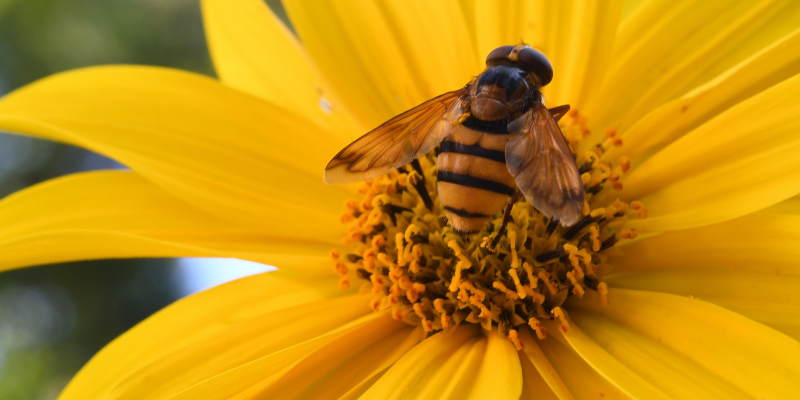
How To Plan A Garden For Pollinators
Careful planning is necessary to create a garden suitable for pollinators. Follow the following instructions to ensure a successful pollinator garden.
Choose a Suitable Location.
A suitable location is necessary for flowering plants, as some grow in shady areas and some in sunny spots. Butterflies, bees, and pollinators enjoy flower nectar and rest in sunny areas. Choose a location that is wholly or partially exposed to the sun.
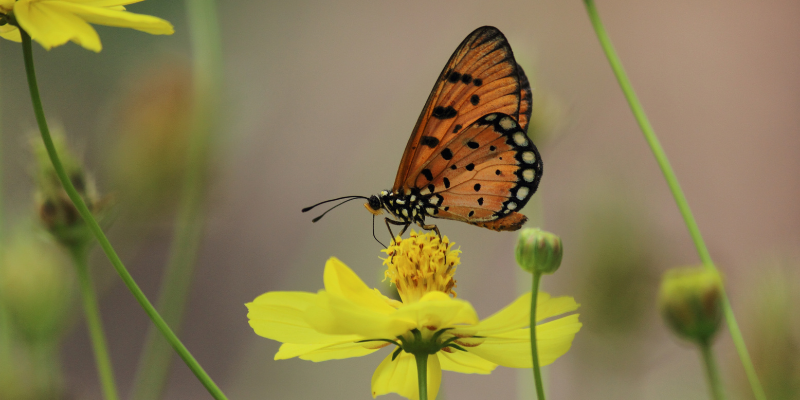
Choose A Suitable Soil Type
Choosing soil with pH 6.0 to 7.0 is better for a pollinator-friendly garden. Soil conditions should be optimum for the healthy growth of plants. A healthy plant will have more flowers, providing more opportunities for insects to collect nectar. Local soil conditions are best for native plants, and they can grow very well because they are adaptive to the soil conditions. So, try to choose local plants. Add organic compost to the soil but in optimum amounts. Wood chips and straws are the best way to control soil temperature and moisture.
Remove And Replace Invasive Plants
Invasive plants reduce food availability for pollinators and harm them. Pollinators visit invasive plants, which helps them grow more. The invasive plants take over the other flowering plants and limit their dissemination. Thus, if the invasive plants are seasonal, pollinators will not have a diverse floral selection in different seasons. Invasive plants will spread their monocultures; hence, there will be no place for other plants to grow.
For example, the Asian Honeysuckle monoculture attracts bees and provides food for a short time. But when the flowering season ends, the bees will have nothing to eat. This kind of habitat is not healthy for pollinators.
Seek Alternatives To Pesticides
Protecting your garden and ecosystem from chemicals is the only way to make them healthy. For example, if we talk about aphids, we see them according to our vision, and they affect plants. However, if we use pesticides, they will affect our garden more than these aphids. Try to see these little aphids with a different vision. These aphids are the food of natural enemies.
These natural enemies eat these aphids. Aphids can be food for Hoverfly larvae or maybe wasps.
You need to understand that plants provide food to organisms. So, if you use a lot of chemicals, you disturb the food chain. If the plant leaves have chew marks, it is beneficial because your garden is part of a healthy natural ecosystem.
Encourage Birds
It is already known that birds encourage the process of pollination. But they also eat insects that are present in your garden and eat plants. So, your garden must always welcome these birds.
1. Place clean water in your garden and change this water daily.
2. Place bird feeders and nesting boxes in your garden.
3. Grow the type of flowers that attract hummingbirds.
4. Please do not cut the flowers of cornflowers and sunflowers, as their seed can be food for birds.
Don'T Cleanup Dead Material In Fall Or Rush Spring Cleaning
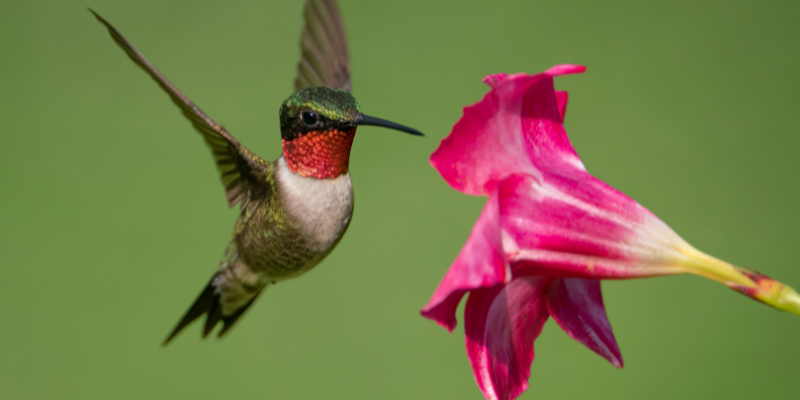
Several insects seek refuge in winter under dead materials. For example, queen bumble bees are born in the fall season and hibernate in the cold season after breeding. These bees and beetles make dead tree trunks as a place to hibernate in winter seasons. So, allow the dead tree trunks and branches to remain in their place. These things can be a shelter for insects.
Advantages Of Native Plants In Your Garden
You should grow native plants in your garden for the following reasons,
1. More attractive to local birds and insects so that there will be more chance of pollination.
2. Native plants can proliferate in their local environment.
3. These plants will not need pesticides and chemicals.
4. Native species do not require more care and fertilizers to grow.
Conclusion
In short, if you want to contribute to maintaining the ecosystem, you must grow an eco-friendly garden supporting nature. Try to make the environment chemical-free because chemicals pollute and contaminate the soil. The vegetables that grow in this soil will absorb these chemicals and then enter the human body through eating. Support insects and birds in your garden because they are pollinators and help to spread the variety of plants.
